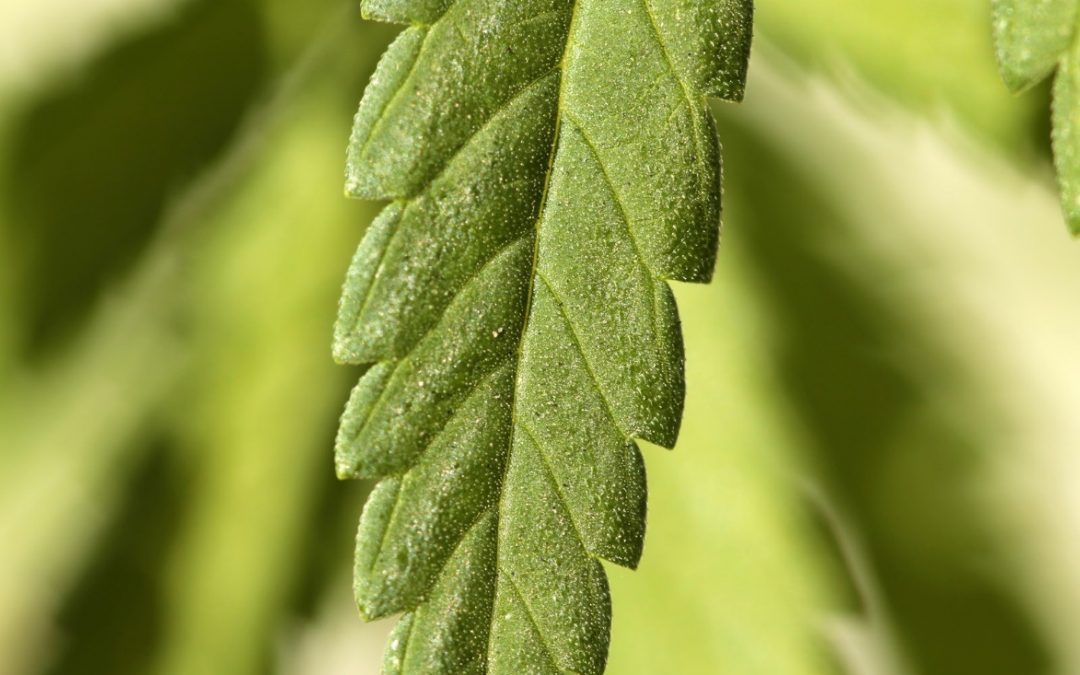Over the years, the use of medical cannabis (marijuana) has generated both a seemingly never-ending debate, and a growing interest from the public due to its medicinal properties. As of today, almost thirty states have allowed the use of medical marijuana as a treatment method for debilitating diseases. One of the chronic illnesses for which the use of medical cannabis is often allowed is epileptic seizures. This illness affects the life and health of millions of people around the world. But how does marijuana help alleviate the effects of this debilitating condition?
Can Medical Marijuana Treat Seizures?
One of the staple cases that showed medical cannabis can help treat seizures is the Charlotte Figi case. Figi, a resident of Colorado, suffered from continuous seizures. After many attempts at treating the girl’s condition, her parents decided to give her medicinal cannabis high in CBD (cannabidiol). By adding this drug, the girl’s seizures were reduced from 300 grand mal seizures per week to only two or three seizures per month.
While this case can illustrate medical cannabis’ ability to help treat seizures, it is important to understand how this worked and whether it’s reasonable to apply this lesson to you.
What is a Seizure?
A seizure is when the brain’s electrical activity becomes dysregulated and all the neurons fire repeatedly at the same time. This disrupts the function of the area of the brain where this rhythmic synchronized firing is happening. According to the Centers for Disease Control and Prevention (CDC), “Epilepsy is a disorder of the brain that can cause seizures… Epilepsy can affect people in very different ways… because there are many causes and many different kinds of seizures.”
The following are commonly associated with developing seizures:
- Head Injuries and Traumatic Brain Injuries (TBI)
- Strokes
- Brain Tumors
- Meningitis
- Encephalitis
However, most seizure disorders occur for no known reason.
Types of Seizures Caused by Epilepsy
Seizures are generally divided into two main categories known as “Generalized” and “Partial” seizures. Generalized seizures are when the rhythmic neuronal firing encompasses the whole brain. These typically cause loss of consciousness and characteristic rhythmic limb movements called Tonic-Clonic Movements.
Partial seizures are caused by electrical impulses originating in a specific or focused part of the brain which may or may not cause loss of consciousness but will typically cause some dysfunction that is problematic.
Common Epileptic Seizure Medications
Medications available to treat epilepsy are known as “Anti Epileptic Drugs,” or AEDs. Common AEDs include Levetiracetam (Keppra), Lamotrigene (Lamictal), Topiramate (Topamax), Gabapentin (Neurontin), Phenytoin (Dilantin), Carbamazepine (Tegretol), Clonezepam (Klonopin), Clobezam (Frisium), and others.
Medical Marijuana as a Treatment for Seizures
Cannabis, or more specifically CBD (cannabidiol), which is one of the many cannabinoid medicines in cannabis, has been shown to help reduce seizures. However, it is extremely important to note that this has only been shown in children with rare genetic seizure disorders. These children have either Dravet’s Syndrome or Lennox-Gastaut Syndrome.
Recent studies suggest that the use of CBD can help to alleviate seizures in these children. A study published by the Journal of Epilepsy Research, which analyzed the results of three therapy trials involving purified CBD found the following of patients with different epileptic syndromes: “For the first time, there is now class 1 [strong – sic] evidence that adjunctive use of CBD improves seizure control in patients with specific epilepsy syndromes.”
Also, it is important to be aware that dosing matters: small doses are not effective for these children. Only high doses (10-20mg/kg) are effective.
Given the nature of the illnesses these children have, it is not medically reasonable to generalize to other children with different seizure disorders, nor to adults.
Medical Marijuana Doctor Serving Massachusetts
There are many people in the United States who suffer from epileptic seizures. While using medical cannabis will not cure this illness, you might have questions about whether it can provide assistance in alleviating its symptoms. You should always – we cannot stress this enough – consult with your treating physician to see how medical marijuana can help you.
If you wish to learn more about the benefits of medical marijuana, contact Inhale MD online, or call us at (617) 477-8886. We are conveniently located in Brookline and Cambridge, serving residents from the Boston area and beyond. We also offer confidential online sessions.

